 I love the Christmas season. And I love all the sights, sounds, and smells that come with it. I love the Christmas music that is constantly on repeat. I love the decorations. I love the way the mall feels when it is decked out in the Christmas spirit. And because of all of these things, as soon as the decorations and the music start to come out, a spirit of anticipation begins to start within me.
I love the Christmas season. And I love all the sights, sounds, and smells that come with it. I love the Christmas music that is constantly on repeat. I love the decorations. I love the way the mall feels when it is decked out in the Christmas spirit. And because of all of these things, as soon as the decorations and the music start to come out, a spirit of anticipation begins to start within me.
Because Christmas is coming.
The Christmas cookies left out for Santa. The looks on my family’s faces as they see the presents lined up under the Christmas tree. Christmas is coming and all the preparations that come with Christmas create a sense of waiting. We are waiting for Christmas.
For many of us, myself included, waiting for Christmas is about the anticipation of friends, family, presents, and music.
Our anticipation can be summed with words like:
Just hear those sleigh bells jingling
Ring ting tingling too
Come on, it's lovely weather
For a sleigh ride together with you
Outside the snow is falling
And friends are calling "Yoo hoo"
Come on, it's lovely weather
For a sleigh ride together with you
[tentblogger-youtube N9ZMU7Ka7_I]
And while these things are great things to anticipate, the waiting that comes in the holiday season is much more than that. In more traditional church language, there’s a name for this season, Advent. Advent comes from the latin word Adventus which means simply, “coming.”
Churches have historically used the weeks leading up to Christmas to prepare and anticipate the coming of Christ. There is an anticipation leading up to the Christmas celebration and specifically the gifts that we celebrate Christ bringing, but there is also an anticipation to when Christ reappears.
Christmas is coming. Chris is coming.
We wait with anticipation the birth of a King. We wait knowing that a baby has been born and it changes everything. And we wait for when the King is coming again.
As we approach Christmas, what gifts of Jesus are you longing for? What are the gifts that you wait for with anticipation knowing that there are some things that only Jesus can give to you? As you anxiously wait for the fact that a baby has been born, what is the hope that you need?
We wait. We anticipate the birth of a King. We anticipate the coming of the King who has rescued us from sin, death, and the power of the devil. We anticipate his return and the hope of his new creation. We long for the peace that He brings in the midst of this broken, dark, and hurting world.
Come Thou long expected Jesus
Born to set Thy people free
From our fears and sins release us
Let us find our rest in Thee
[tentblogger-youtube bnxBax26qGQ]

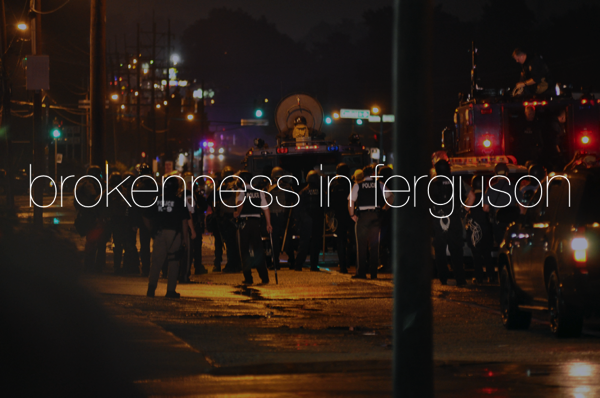 If you’ve been breathing the past two days, you’ve heard about the most recent decisions in Ferguson. The Internet has blown up with people tweeting and sharing their opinions, either infuriated by the decision or in support of Wilson’s testimony. People are hurting.
If you’ve been breathing the past two days, you’ve heard about the most recent decisions in Ferguson. The Internet has blown up with people tweeting and sharing their opinions, either infuriated by the decision or in support of Wilson’s testimony. People are hurting.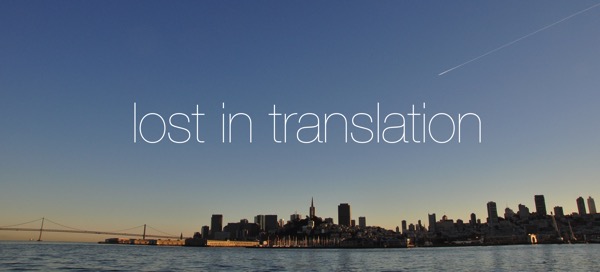 In the book The Permanent Revolution,
In the book The Permanent Revolution,
 It has long be said that God’s Word is made up of two words. God’s first word of the law, which reminds us of our inability to save ourselves. And God’s word of the Gospel, which makes clear that are only hope is found in Christ alone.
It has long be said that God’s Word is made up of two words. God’s first word of the law, which reminds us of our inability to save ourselves. And God’s word of the Gospel, which makes clear that are only hope is found in Christ alone.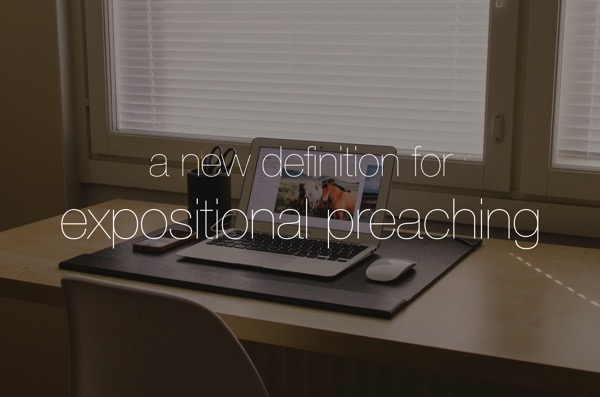 There are a variety of ways that people talk about and describe preaching, especially when it comes to the purpose and design of a sermon. Some people argue for a strict exegetical style of preaching, others argue for a more topical approach to preaching.
There are a variety of ways that people talk about and describe preaching, especially when it comes to the purpose and design of a sermon. Some people argue for a strict exegetical style of preaching, others argue for a more topical approach to preaching. Paul writes in Timothy, "For the time is coming when people will not endure sound teaching, but having itching ears they will accumulate for themselves teachers to suit their own passions.” Another translation translates sound teaching as “healthy doctrine.”
Paul writes in Timothy, "For the time is coming when people will not endure sound teaching, but having itching ears they will accumulate for themselves teachers to suit their own passions.” Another translation translates sound teaching as “healthy doctrine.”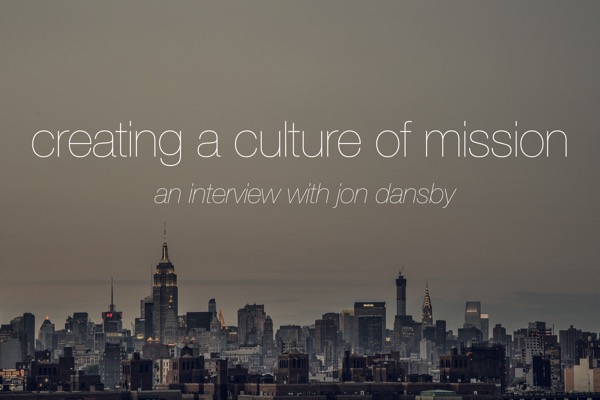 I recently got the chance to talk to Jon Dansby, one of the pastors at
I recently got the chance to talk to Jon Dansby, one of the pastors at 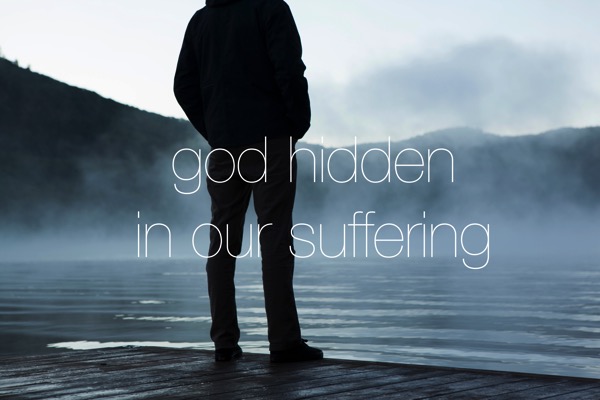 It does take much living to realize that
It does take much living to realize that
 You are a missionary. As a Christian, part of your calling as a disciple is a mission assignment. You are given a mission to be a missionary in the places that God has placed you. Charles Spurgeon actually suggested, "Every Christian is either a missionary or an impostor."
You are a missionary. As a Christian, part of your calling as a disciple is a mission assignment. You are given a mission to be a missionary in the places that God has placed you. Charles Spurgeon actually suggested, "Every Christian is either a missionary or an impostor."
 Everybody loves free ideas and resources. And if you are in any creative ministry position, you are probably often looking for inspiration or freebies to help you do your work. As a ministry, we are regularly producing great content for our sermon series. The creative process to developing these is one of the areas that I am most passionate. I love working with our team as we brainstorm ideas and then helping move ideas forward into a finished product.
Everybody loves free ideas and resources. And if you are in any creative ministry position, you are probably often looking for inspiration or freebies to help you do your work. As a ministry, we are regularly producing great content for our sermon series. The creative process to developing these is one of the areas that I am most passionate. I love working with our team as we brainstorm ideas and then helping move ideas forward into a finished product.

 When we are little we are asked, “What do you want to be when you grow up?” And rightfully so, we are encouraged in whatever that might be, whether that be a dream to become a famous movie star, a successful athlete, and entrepreneur, or a police officer.
When we are little we are asked, “What do you want to be when you grow up?” And rightfully so, we are encouraged in whatever that might be, whether that be a dream to become a famous movie star, a successful athlete, and entrepreneur, or a police officer. We live in a post-Christian, pluralistic world. We have atheist buddhists, catholic hindus, and agnostic muslims. Our world is one of smorgasbord religion. A
We live in a post-Christian, pluralistic world. We have atheist buddhists, catholic hindus, and agnostic muslims. Our world is one of smorgasbord religion. A